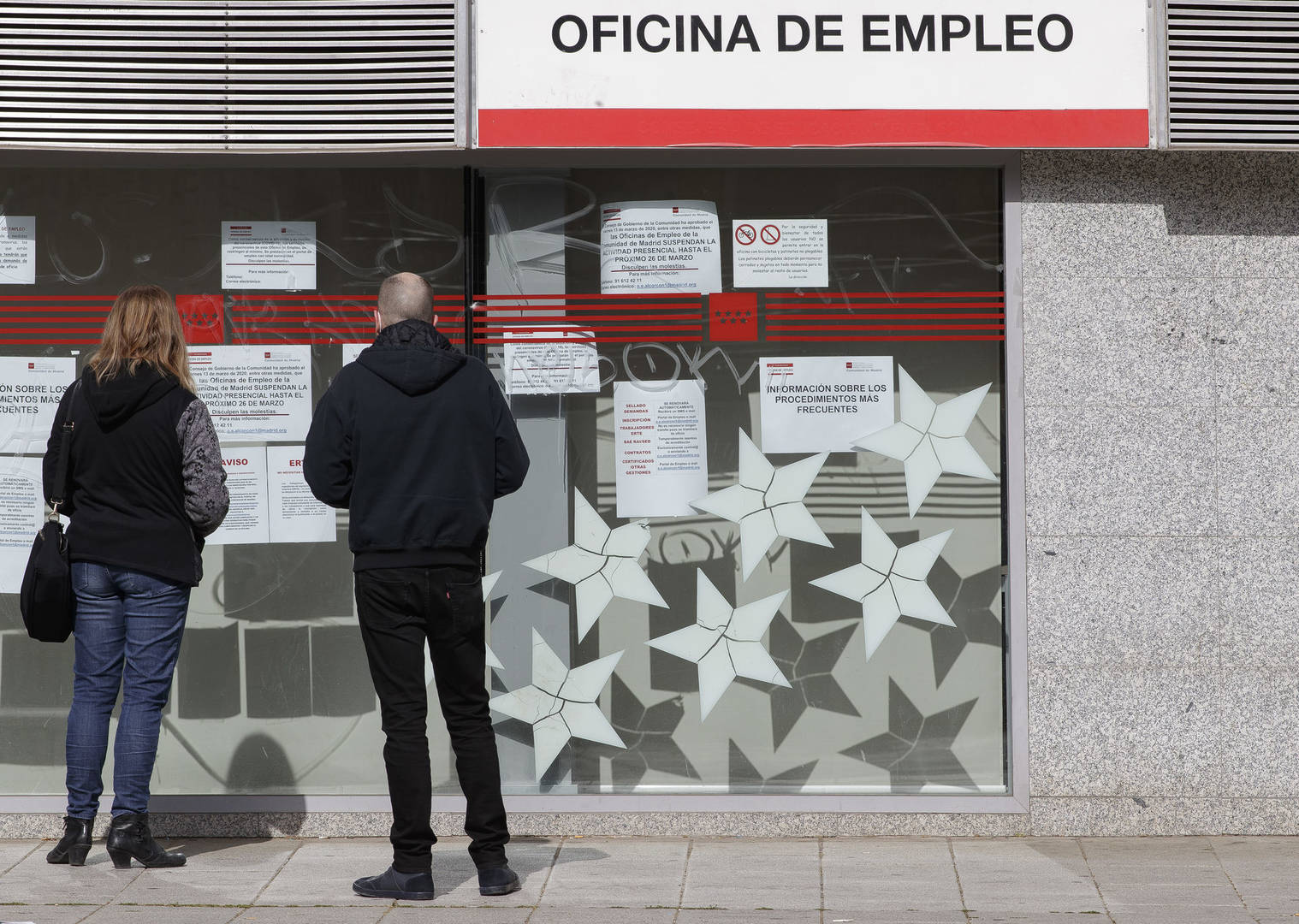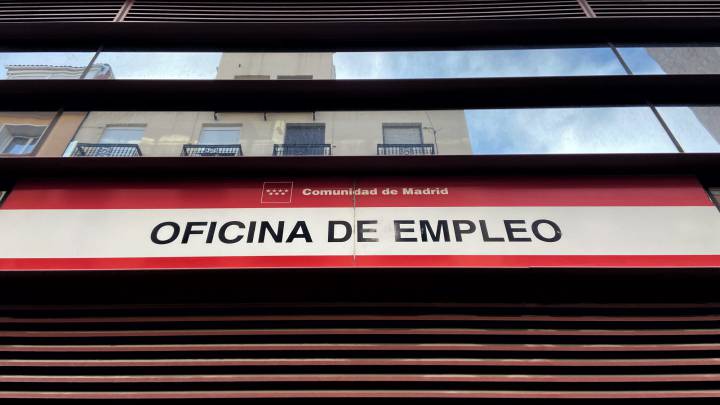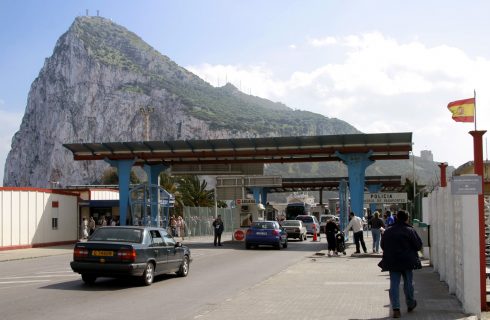SPAIN has tightened the screws on its coronavirus lockdown, risking a further crippling of an economy already on its knees.
The construction sector has been hit hardest by an updated ‘essential workers list’, which in one draconian swoop was reduced from 40 key services to 25.
Effective since Monday, the new list requires that aerospace workers stay home, as well as cleaners and domestic staff who aren’t caring for children or the vulnerable.
Essential workers are now also required to carry certificates to prove they are legitimate.
Which workers are essential?
Commerce – Includes banks, vets, tobacconists, chemists, opticians, food shops, press, petrol stations, laundrettes
Essential service providers – Includes farmers, fishermen, clothing manufacturers, utilities workers and telecommunications
However this raft of updated measures, published in the Government’s official BOE buletin (journal), still leaves many questions unanswered regarding benefits and pay.
Here, we take a look at a few of them:
What is an ERTE?
An expediente de regulacion temporal de empleo (ERTE) is a special file allowing companies to temporarily lay off staff or cut hours, while allowing them to claim unemployment benefits.
It is a positive step for both the economy and workers as their contracts are not terminated but merely ‘suspended’.
For the first six months workers are entitled to 70% of their base salary and 50% from the seventh month.
This is calculated from an average of the previous 180 days’ employment and does not cover food and transportation costs.
Companies can add to the 70% when and if they are able to, and if hours are cut normal wages will be paid for the percentage of the day they work.

To qualify for unemployment benefits a worker must have:
* Done 360 days work in the past six years
* Have had their hours reduced by between 10% and 60%
This means that a salary of reduced hours added to any benefits can only total a maximum of 85% of the previous salary with a minimum of €501.98 and maximum of €1,411 depending on dependents, etc.
An ERTE application can be made for a company’s entire workforce or only part of it.
The number of those expected to go under an ERTE is at least 760,000, but could rise to two million by 2021, according to right wing economist Daniel Lacalle.
How does ERTE work?
ERTE will be handled by the employer and SEPE, the Spanish body that deals with benefits.
The company is obliged to inform workers of its ERTE request and must then submit an application.

Supporting evidence must be provided to explain why coronavirus has damaged business activity and SEPE will confirm the claim within five days.
Companies do not have to pay Social Security for ERTE workers laid off and only have to pay a proportional amount to staff who have had their hours cut.
What if I am quarantined or get coronavirus?
Once you have informed work and taken the necessary precautions, you should be entitled to 75% of your base salary during the time you are off.
This will be paid through Social Security and can be topped up by the employer to the full amount.
Self-employed (autonomos)
Since 2019 all self-employed workers – or autonomos – have been able to apply for the paro de los autonomos.
To claim this unemployment benefit you must have worked as an autonomo for 12 months, be registered and be up to date with Social Security payments.
But in the wake of the current crisis the central Government has unveiled an unprecedented package of measures for the self-employed.
IVA (VAT), corporation tax and personal income tax can now be deferred for the first time for business-owners whose turnover did not exceed €6 million in 2019.
It has also approved a benefit for those whose business ceased trading or where turnover has fallen by 75%.
Regional governments are thought to have earmarked billions for autonomo workers and small and medium enterprises (SMEs), including the Junta de Andalucia, which set aside €600 million.
The Government has this week also agreed a measure to suspend Social Security payments for the self-employed.
Click here to read more Business & Finance News from The Olive Press.








